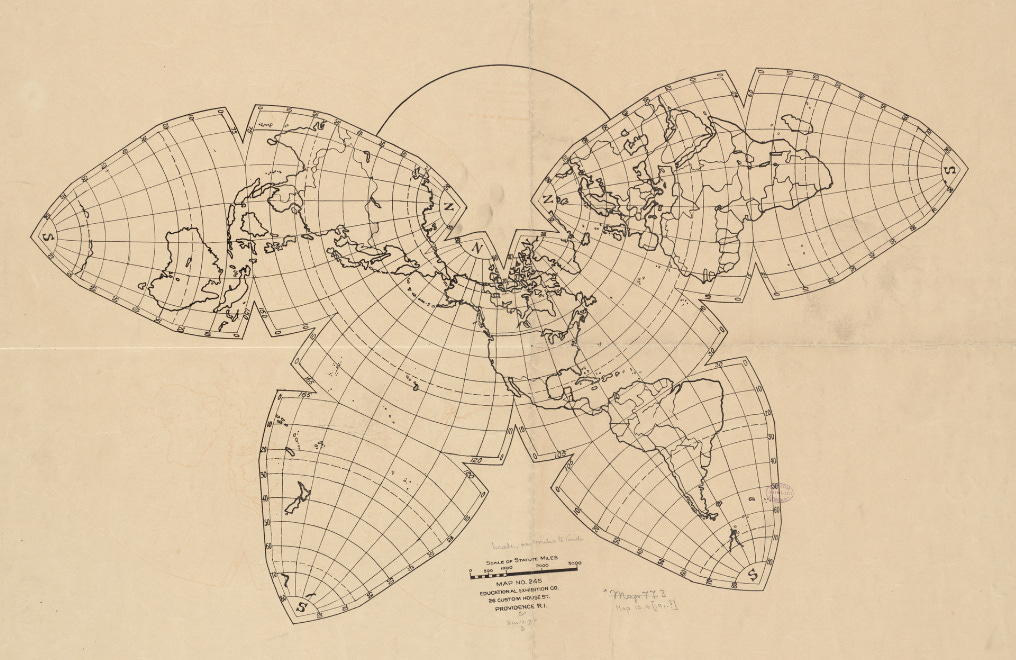Week signals: War and peace and prizes
Plus: watch points for Cameroon, Gaza, Bretton Woods, Argentina, and the shutdown.

Hello,
In this week’s edition of Week Signals:
IN REVIEW. Personal grudges, butterfly effects, US-China game theory, and managed hostility.
UP AHEAD. Elections in Cameroon, ceasefire in Gaza, the Bretton Woods meetings, Trump-Milei, and trompe l’oeil.
And don’t forget to connect with me on LinkedIn.
Week Signals is the Saturday note for clients of Geopolitical Strategy, also available to GD Professional subscribers on Geopolitical Dispatch.
The Week in Review: Snap reactions, lasting consequences
The week began with a new government in France, a probable prime minister in Japan, and the makings of peace in Gaza. It ended with the government collapsing in France (though its prime minister was later re-appointed), the now improbable prime minister seeing her party’s coalition collapse, and the first stage of the peace deal being cautiously implemented.
It’s the latter that has captured the world’s attention. Donald Trump, its architect (though that heavy crown is really Tony Blair’s), has proclaimed success. This was not just a triumph of his second term, but seemingly of millennia. A Nobel Peace Prize surely awaited. Some even recommended the prize be named after him.
But of course, by Friday, it didn’t, with the accolade instead going to Venezuela’s opposition leader, Maria Corina Machado.
In awarding Machado the prize, the Norwegian Nobel Committee deftly sidestepped Trump’s overt lobbying. Machado, a conservative and the likely beneficiary of any regime change in Venezuela, is on Trump’s side. In her statement, she even dedicated it to him. The earlier favourite to win (until the news of her selection leaked on betting site Polymarket), Sudan’s Emergency Response Rooms, was just too worthy, and too… Muslim… to not be seen by MAGA as a slight against the president.
Yet Trump’s reaction was swift. While not going after Machado or the Norwegians directly, his rage centred on China. A largely unenforceable stricture on rare earths that had passed under most radars, was suddenly met with not just the cancellation of talks with Xi Jinping (and thus the hopes of US soya farmers), but new tariffs on China of 100%, on top of any existing tariff, as well as export controls on “any and all critical software” (Microsoft Windows?). The S&P 500 closed 2.71% lower on the day. Crude oil fell 4.24%. Bitcoin fell 12%. Gold rose again above $4000 an ounce.
War and peace, never far apart, have seldom been so interchangeable. Hot wars go to cold peace, and recovering commerce goes to trade war. And a multitude of sins go unnoticed beneath the headlines as the zone gets flooded again. Federal workers have been sacked under cover of the US shutdown. The AI bubble may have been quietly popped. The hybrid war in Europe may have reached Tennessee, with a devastating blast at a military explosives plant.
And in such an environment, reversals can be sudden, and fortunes won and lost. Readers of Geopolitical Dispatch will understand how disparate events are subtly interconnected, not to mention how weak signals – the pun of this column – need to be assiduously monitored lest they take a butterfly effect. They will also know how global relationships and strategies can seemingly turn on a dime. Returning to Machado, we would not be surprised if this paradoxically led to a Trump rapprochement with Nicolas Maduro (“screw you, Maria!”). Indeed, the New York Times is reporting that Maduro had been offering Washington Ukraine-style stakes in Venezuela’s mineral and oil riches.
So, will the sudden trade war with China be reversed just as quickly? Is this simply Season 16 of The Apprentice, or a warm-up to the literal cage match that Trump will host at the White House next June? Or are there bigger, structural trends in the US-China rivalry that we need to watch and plan for? Will it be war or peace, or something in between? And what, if anything, will be the prize?


